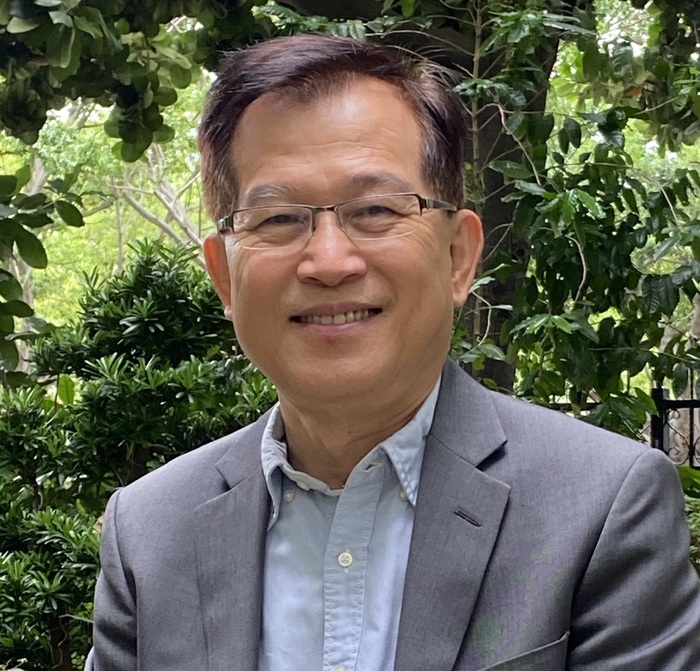Taipei Tech Emeritus Professor Awarded by City Planning Institute of Japan

Taipei Tech Emeritus Professor, Kuang-hui Peng, served as the chairman of Taiwan Institute of Urban Planning for four years, has organized and co-hosted International Conference for Asian Pacific Planning Societies (ICAPPS) with Korea, Vietnam, and Japan to promote international exchange in the field of urban planning. To honor his endeavor and dedication, the City Planning Institute of Japan recently awarded him with the International Cooperation Award, which makes him the first recipient in the technological and vocational higher education field in Taiwan.
A representative from the City Planning Institute of Japan indicates that “Professor Peng has made a tremendous contribution by accelerating international cooperation in urban planning and the operation of ICAPPS. In 2012, when Professor Peng hosted the conference, he invited Vietnam Urban Planning and Development Association to join the societies and formed the jointly cooperative system that the societies currently utilized.”
Peng mentioned that as it is rather difficult for Taiwan to form formal diplomatic relations with other countries, international academic cooperation has become a pragmatic alternative. “ICAPPS has become a significant event for international academic exchange and a professional platform to discuss subjects related to architecture and urban planning, land development and utilization as well as sustainable growth,” said Peng, “Experts and scholars from more than 10 different countries had been attracted to participate in the event in recent years”.
Peng also said that Japan and Taiwan share similar social and economic conditions as well as a similar view on urban development. In recent years, Japan has been actively developing green building application and smart equipment system to cope with climate change and natural disasters. They have also implemented urban redevelopment law and urban regeneration policy for many years now. These successful practices can be used as our reference to set up our own urban development action plan.
When serving as Head of the Department of Architecture of Taipei Tech, Peng established the Architecture and Urban Design Master Program in 1999 to extend and integrate architectural design with professional urban planning. During his eight-year as the international cooperation director and four-year as chairman of the Taiwan Institute of Urban Planning, he actively hosted several international seminars and workshops to enhance educational exchange of creative design. He also participated in the Sustainable Urban Regeneration Center Project, which was initiated by the Center of Excellence for 21st Century (COE) of University of Tokyo; served as the speaker at the Science Council of Japan, and conducted guest studies at University of Tokyo as a way to engage domestic scholars and students in international academic activities.
Peng indicated that when it comes to strengthening architectural education, it is important to incorporate the concept of modern living into the architectural design process. His vision is to create sustainable and smart communities by reconstructing old neighborhoods and regenerating the city through the integration of architectural aesthetic, intelligent green building technology, and functional urban planning.






